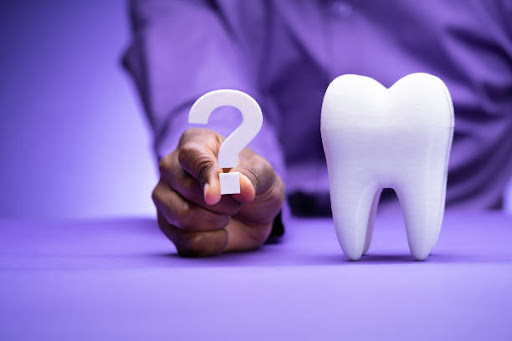
There are a variety of reasons why a traumatic dental injury might occur, from sports injuries to car accidents. Dental trauma may cause moderate-to-severe injuries depending on the intensity of the impact. Many traumatic dental injuries can be treated with the help of an experienced oral surgeon.
The 3 most common causes of traumatic dental injuries
Despite the fact that there are countless causes of traumatic dental injuries, many of them fall into similar categories. The following are some of the most common causes of traumatic dental injuries:
Injuries sustained in sports
It is not necessary to participate in a professional contact sport such as football or rugby to be susceptible to traumatic dental injuries. A significant number of dental injuries occur in basketball as a result of contact with other players. You can protect yourself from injury by wearing a mouthguard, whether you are playing on a court or in your backyard.
Automobile accidents
Dental trauma and devastating impacts can result from car accidents. If used properly, standard safety features such as airbags and seatbelts can mitigate the severity of accident-related injuries. Unfortunately, motorcyclists, cyclists, and pedestrians cannot take advantage of these safety features and are at a much higher risk of suffering serious injuries as a result.
Violence
Fighting between children and adults is a leading cause of traumatic dental injuries. It is unfortunate but common for the face to be a target during such altercations. An individual may lose a tooth or suffer other traumatic oral injuries if they are punched or slapped with considerable force.
What Is the Treatment for Traumatic Dental Injuries?
When treating a traumatic dental injury, it is important to consider the type of injury you have sustained. Traumatic dental injuries and their treatment include the following:
- Fractured teeth: If the inner pulp of your tooth is damaged due to a fracture, your dentist may need to perform a root canal to repair the damage.
- Loose tooth: In the case of a loose tooth, your dentist may immobilize it with a split or bond it to the next tooth. While the tissues in your mouth heal, this immobilization can help stabilize them.
- Broken teeth: Chipped or broken teeth can be stabilized with a crown. Porcelain or metal coverings can protect your teeth from further damage.
- Knocked-out tooth: It is imperative to seek emergency dental care if you have a knocked-out tooth. You should clean the tooth, wet it, and replace it in the socket if you have it. While waiting for the dentist, you may be able to hold the tooth in place by biting on a handkerchief. A dentist should be contacted within an hour of the injury in order to have the best chance of saving the tooth.
In order to ensure your oral health, your doctor will diagnose your injury and provide you with the best treatment.
To meet our patients’ unique oral health needs, we use the latest and most innovative technology in our oral surgery office. To learn more about how we can help you, contact us today to schedule an appointment.





